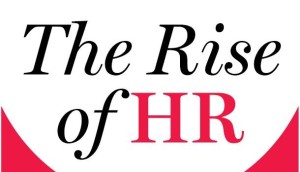We’ve completed a hectic first quarter in 2015. I was reflecting on how fast the new year has gone by. The demands and hectic pace of business environment are back.
To stay on course, I try to constantly reflect on my deep personal experiences in recent times, exploring new directions, on mortality, meaning of life, connects with diverse groups of wise individuals, moving back home after almost a decade of being away, and all the changes at various levels. I also try to remind myself constantly to not get caught into the typical thought process and trappings of a rat race.
When the going was tough, the one thing that I felt thankful for was my conscious choice and accountability for own actions. The key was that they were aligned to what I felt was truly important to me. That ensured commitment, engaged action and a feeling of fulfillment. Over time, it was really valuable to learn to not take failures personally and work through them as great development experiences.
My humble suggestion for those who feel caught in between decisions, or are fighting with challenges. Be aligned with what is really important for yourself, listen to your soul, forget about peer or societal pressure and expectations, and focus actions in your chosen direction – it will help you sail through both great and tough times with increasing inner strength, even if the external world judges differently. Life is and generally will continue to be a mix of ups and downs but we all hold the capability to positively influence and impact other lives.
Possibilities for change are always on the horizon. We learn a lot about ourselves in the process, especially while going through a rough patch. We have the choice in how we let our experiences define us.
Best wishes…
Posted on LinkedIn on April 4, 2015




Recent Comments